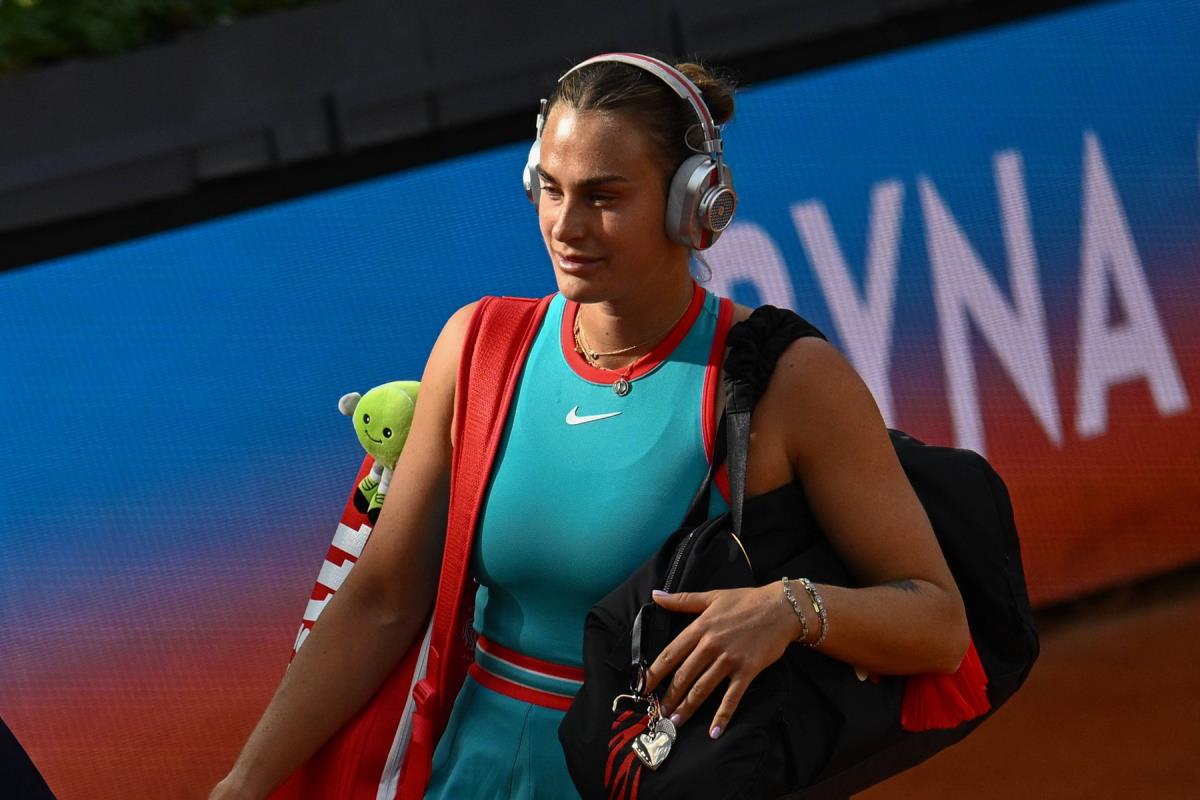Arina Sabalenka, the world number one tennis player, secured a victory in the Roland Garros quarterfinal against Chinese player Qinwen Zheng with a score of 7-6, 6-3. Although the result suggested a relatively safe win, Sabalenka had some luck, especially towards the end of the first set. At the press conference, Sabalenka expressed dissatisfaction with the scheduling of matches, emphasizing that women deserve the same treatment as men, including evening matches on the main court. She also spoke about her relationship with her opponent Iga Swiatek, with whom she had little communication before but now gets along better. Sabalenka highlighted that she loves challenges and is ready to fight for victory. She discussed the progress in her game, emotional control, and new techniques she uses, such as the forehand slice. She also commented on Serena Williams’ power, stating that Serena was not stronger than her in terms of power but was better at returning balls. Sabalenka explained the use of drop shots in her game, noting that it is a risky shot that requires a good feel for the court. She is the first semifinalist of this year’s Roland Garros and has announced a top-level match in the semifinals.
Political Perspectives:
Left: Left-leaning outlets emphasize Sabalenka’s fight for equality in tennis, highlighting her criticism of the scheduling and treatment of female players compared to male players. They focus on her emotional growth and the challenges she faces as a top female athlete, portraying her as a role model for women in sports.
Center: Center-leaning media report on Sabalenka’s performance and upcoming matches with a balanced view, covering her game statistics, her relationship with other players like Iga Swiatek, and her comments on Serena Williams. They provide factual information about the tournament and her progress without strong political or social commentary.
Right: Right-leaning sources may focus on Sabalenka’s competitive spirit and athletic prowess, emphasizing her strength and determination on the court. They might highlight her readiness to face challenges and her confidence in winning, portraying her as a strong individual competitor. Less focus is placed on social issues like gender equality.


















